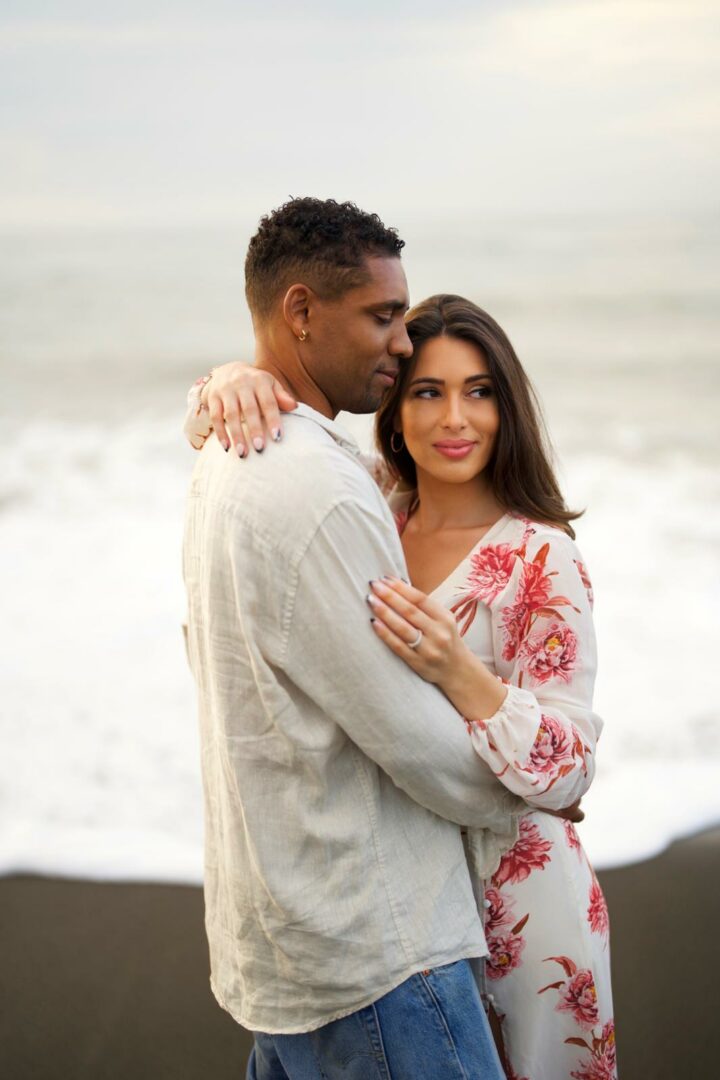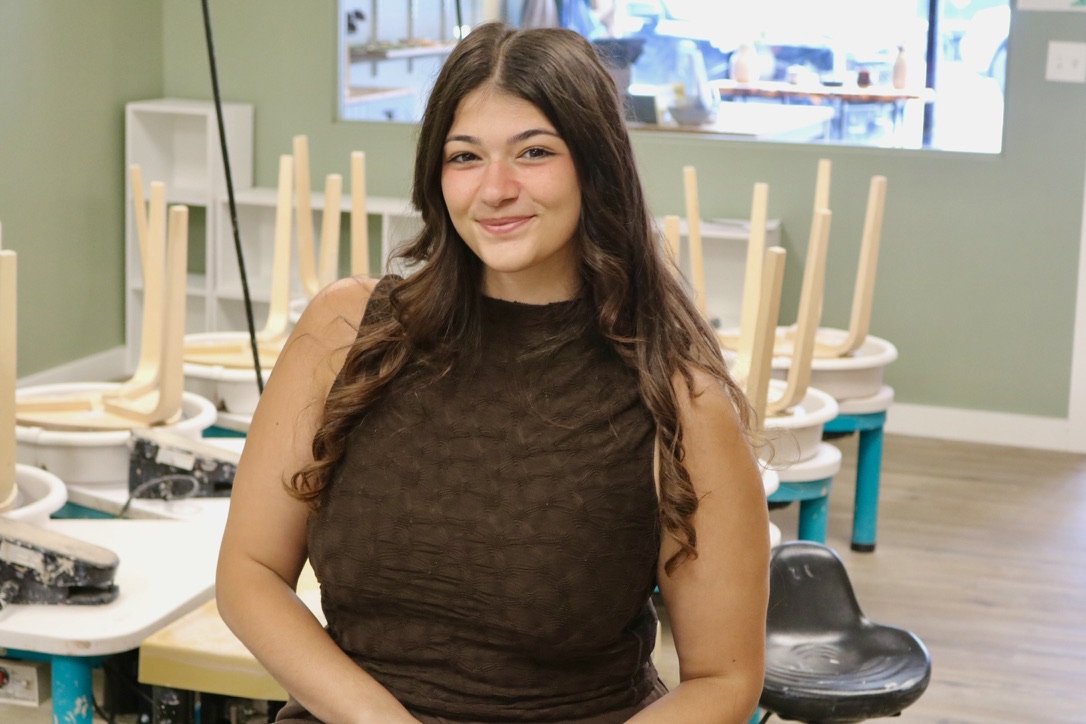We recently connected with Emilio Gomez and have shared our conversation below.
Emilio, so good to have you with us today. We’ve always been impressed with folks who have a very clear sense of purpose and so maybe we can jump right in and talk about how you found your purpose?
I’ve always found it difficult to make sense of the world. Multitudinous lapses in memory have sustained me through a difficult upbringing, a difficult divorce, a difficult life. As a child, dissociation unconsciously protected me from fully feeling the violent, chaotic environment in which I was raised; today, when my wife and I have our most passionate fights, I struggle to recall the specifics. For me, memory and pain are inseparable, and forgetting affords me the peace that I seek.
But the impressions have always been inescapable. I feel deeply, even as I face the world with a stoic visage. And that is where my passion for writing was born: My writing is an attempt to express these complex human emotions, albeit abstractly; to extend towards the unknowable, recognizing that more questions await at the end; and to bear myself before others, thereby inviting them to lower their guards and immerse themselves in this brief moment that makes us all feel less alone.


Let’s take a small detour – maybe you can share a bit about yourself before we dive back into some of the other questions we had for you?
I have a strong desire to connect with people. It’s an odd statement, given my inclination towards introversion, but writing is the primary way in which I connect. At a young age, I recognized that art is alive, that once it is released into the world it is no longer property but an unorthodox form of open dialogue. Just as I feel emotional impressions, so my primary objective is not to communicate anything concrete but to create a world in which an individual could experience a subjective feeling. In my stories, while I heavily employ language that could be examined through literary lenses, the protagonist is generally not my primary subject; instead, the characters, the setting, the dialogue are all catalysts for the reader’s journey. This is why I prefer shorter forms of writing like poetry and flash fiction. To write a full book would be an impressive feat, but watching someone’s eyes well while reading a poem about the death of my grandmother is more momentous.
For most of my life, I have hoarded my writing from the broader public. Social media felt too forced, too entrepreneurial, and I preferred to disappear within a cabin by the sea, alone with my scattered thoughts, shelves of books, and writing instruments. Even poetry posted on Instagram is considered a first publication by literary magazines; since I remain interested in being published in such journals, and because most literary journals don’t accept republications, I have refrained from sharing more of my work online so that it can be offered as first serial rights. But over the last year, I have been getting published more, and I finally succumbed to the pressure of creating a few online pages.
Just last month, I began adding poems, short stories, and creative essays to various platforms—including Instagram and WordPress—under the handle salem_vows.


Looking back, what do you think were the three qualities, skills, or areas of knowledge that were most impactful in your journey? What advice do you have for folks who are early in their journey in terms of how they can best develop or improve on these?
1. Be true to yourself. “Weird” is a term used to define people who are different than some subjective norm. I am fine being seen as eccentric; I would rather be strange in the eyes of others than compromise who I am for momentary approval. This is how I feel about my writing, too. People will always try to put you in a box, and it’s easy to become discouraged in a world where someone turns questionably-profound quotes into three-lined stanzas and receives international acclaim; meanwhile, you struggle to get a few likes on a poem that was laboriously formed from the depths of your soul. But compromising isn’t worth it. Hemingway used to ridicule Fitzgerald for writing quality short stories and then altering them for the masses. I don’t want that for me, and I don’t want that for the many people I deem artists. When I was published in California Quarterly last December after years of rejections, they published a poem I had scarcely submitted for fear that it was too abstract, too me. The affirmation was profound.
2. Get out of your head. I don’t write all the time. I have a full-time, time-consuming career; I am a husband and a father; I love reading and nature and quality conversations. There just isn’t enough time. Some argue that in order to be a successful artist, you have to write (or draw or otherwise create) every day. Artists are often sensitive, and a definitive claim like that could send someone spiraling out of the art world altogether. I used to diminish myself for not producing enough, but one day I realized what an unhealthy, modern pressure that is. There are countless authors known for just one or two works—think Harper Lee, Ralph Ellison, Franz Kafka. I already take pride in a lot of writing I have produced. Everything else is a bonus.
3. Be open to criticism. You are an amalgamation of everything you have experienced leading up to this moment—every late-night conversation about the origins of our species; every deep breath deliberately inhaled at an artisan bakery; every word on every page of every book you have ever read. How audacious, then, to presume art could be successfully created in a vacuum. Workshopping with gifted peers offering constructive criticism has ameliorated my craft more than anything else. I know many artists who are so content with their own imaginations that they remain stagnant. Their potential is apparent, but their unwillingness to seek guidance from others’ perspectives limits them. If you are a writer, then you are likely associated with multiple artists in some capacity. Seek out their input. You don’t have to make a single modification to the work they review, but authentically considering others’ suggestions will develop your skills over time.


Who has been most helpful in helping you overcome challenges or build and develop the essential skills, qualities or knowledge you needed to be successful?
I will begin and end by arguing that my wife has helped me more than anyone else, but the reality is that I am the product of many people who have poured into me over time. Art originates and finds its full form within its creator; therefore, the impact that others can have on a poem or a story is immense and intangible. The sea that has always surrounded me plays a prominent role in much that I write; reflections on my grandparents guide the passion behind some of my best works; and spontaneous conversations that seemed trivial at the time could become the thread that runs through the entirety of something I create. There are people I scarcely speak to, sometimes just once or twice in a year, whom I think of weekly; the mere thoughts motivate me to continue writing, for these individuals have celebrated me and my work over time. These are often friends much older than I—erudite and ingenuous—whose words carry significantly more weight than 100,000 likes on a post ever could.
Yet nobody has consistently inspired me and honed my craft like my wife has. We began our friendship workshopping one another’s writing in a creative writing class. Over the course of that semester, I developed more as a writer than I ever had before. Today, she remains my most frequent and gifted advisor. Everything I write is reviewed by her. She is someone who could attest to the quality of a piece while recognizing that it could always be better—if I use a cliché or my energy shifts mid-poem, she will tell me. Anything I have published over the last ten years or will publish in the future is dedicated to her, for I know it is because of her that I have made it this far.
Contact Info:
- Website: http://salemvows.wordpress.com
- Instagram: https://www.instagram.com/salem_vows/profilecard/?igsh=MW82NmxhdjQzeG1hZA==


Image Credits
Austin Sharkey: Photo with my wife, Romina
so if you or someone you know deserves recognition please let us know here.




